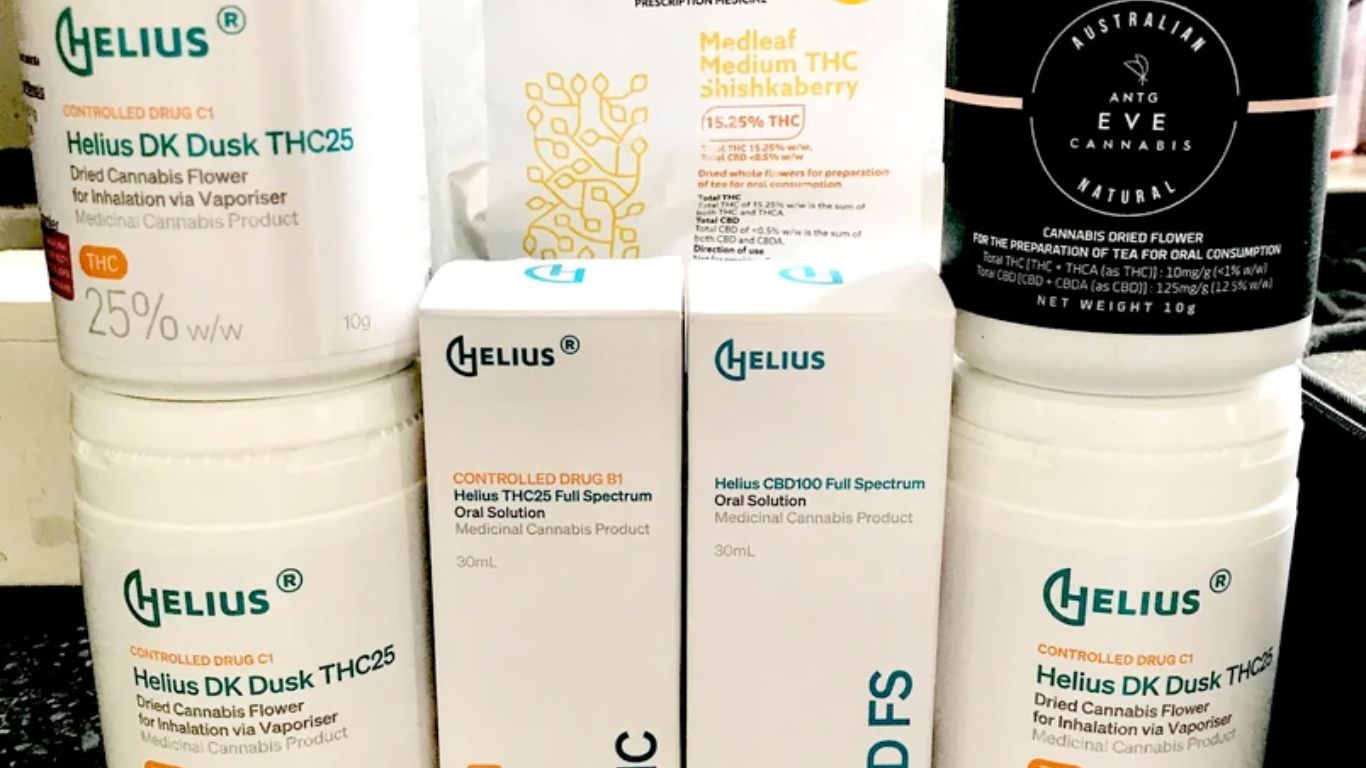
A new quarterly report from the New Zealand Ministry of Health shows a significant uptick in the volume of cannabis products supplied for medical purposes in the past year.
The report notes, however, that the number of packs of products reported cannot be used to determine the number of prescriptions, patients, or doses.
The most significant increase was for products containing both THC and CBD, followed by CBD-only products. THC-only products are a distant third.
Medical cannabis is considered an “unapproved medicine” in New Zealand, which means it has not been given official permission for sale but can be prescribed by a medical practitioner. The cannabis must be prescribed for a specific brand and then shipped to the registered doctor or pharmacist who wrote the prescription.
A licence to import a controlled drug is required for each shipment unless it is a CBD-only product.
The New Zealand Ministry of Health maintains a registry of medicinal cannabis products that meet the country’s minimum quality standard, both approved and unapproved.
Currently listed are five oral cannabis liquids, four sublingual solutions, 11 oral liquids, 12 dried flower products for inhalation, 11 dried flower products for tea or oral consumption, and two products with consent (Sativex and Epidyolex). Some of these products are connected to Canadian producers or their affiliates, like MedReleaf and Tilray.
New Zealand’s medicinal cannabis framework came into effect on April 1, 2020, following the creation of the Misuse of Drugs (Medicinal Cannabis) Regulations 2019. Prior to that, the only product available was Sativex, for very limited use.
In July, New Zealand announced changes to its medical cannabis framework, which began on July 5 and include changes to export rules and licensing.
A handful of Canadian companies, like Tilray and MedReleaf, have shipped cannabis products to New Zealand and have had a footprint in the country’s domestic operations through local partnerships. Aurora recently announced its first shipment of cannabis to New Zealand earlier this year.
A legalization bill was put to a referendum in New Zealand on October 17, 2020, exactly two years after Canada formally legalized the plant. The referendum, however, failed to gain enough support.
Featured image via Reddit











